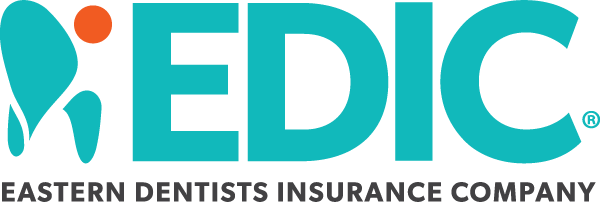Antiresorptive Therapy: Roles and Responsibilities of Dental Professionals

As the population ages, the incidence of diseases requiring antiresorptive therapy is also increasing. The term antiresorptive therapy refers to the administration of oral or parenteral medications to reduce or stop the loss of bone mass associated with ailments like osteoporosis, osteopenia, metastatic cancer to the bone, and hypercalcemia.
There are two main class of drugs used to combat bone fractures and skeletal related events – Denosumab and Bisphosphonate. The most common complication in patients on antiresorptive therapy is osteonecrosis of the jaw, or medication-related osteonecrosis of the jaw (MRONJ), which can occur after any surgical dental procedure.
At present, there is no effective treatment for MRONJ, so prevention is extremely important. Maximum precautions should be taken in patients who are at the risk of development of osteonecrosis, especially with dental surgical procedures like extractions, retrograde apicoectomies, periodontal surgery, or implant placements. Dentists should keep up to date with the latest prevention guidelines and the risk factors when treating patients who are on antiresorptive therapy.
It’s important to include a question regarding antiresorptive therapy in your medical history form and to incorporate this information into your treatment planning.
EDIC has a Bisphosphonate Consent Form. Here is also a clinical piece, “Antiresorptive Therapy: Roles and Responsibilities of Dental Professionals,” by Reza Radmand, DMD, FAAOM.

